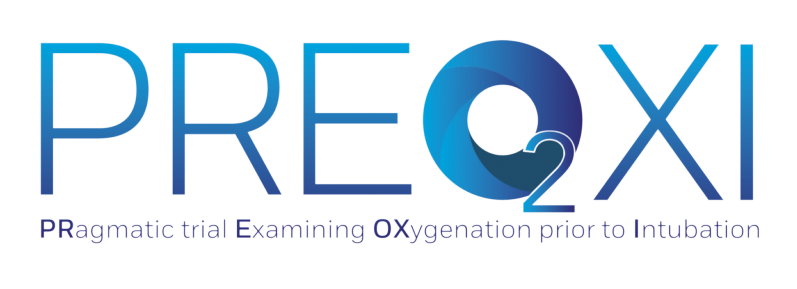People who survive critical illness frequently suffer from problems with their strength, thinking, and mental health for months after returning home from the hospital. To test whether a structured program with specific follow-up visits and resources could prevent the need to be readmitted to the hospital for patients who had previously been treated for critical illness in the ICU, we conducted this pilot study. The study found that patients enrolled in the recovery program received more interventions than those not in the program and went a slightly longer time without hospital readmission. Patients in the ICU recovery program also appeared to experience a lower frequency of death or hospital readmission within 30 days. Although uncertain because this was only a pilot study, these findings suggest that future research is needed to determine whether programs to help patients recovering from critical illness can prevent death and readmission and improve patients physical, mental, and social function.
Objectives: To examine the effect of an interdisciplinary ICU recovery program on process measures and clinical outcomes.
Design: A prospective, single-center, randomized pilot trial.
Setting: Academic, tertiary-care medical center.
Patients: Adult patients admitted to the medical ICU for at least 48 hours with a predicted risk of 30-day same-hospital readmission of at least 15%.
Interventions: Patients randomized to the ICU recovery program group were offered a structured 10-intervention program, including an inpatient visit by a nurse practitioner, an informational pamphlet, a 24 hours a day, 7 days a week phone number for the recovery team, and an outpatient ICU recovery clinic visit with a critical care physician, nurse practitioner, pharmacist, psychologist, and case manager. For patients randomized to the usual care group, all aspects of care were determined by treating clinicians.
Measurements and main results: Among the primary analysis of enrolled patients who survived to hospital discharge, patients randomized to the ICU recovery program (n = 111) and usual care (n = 121) were similar at baseline. Patients in the ICU recovery program group received a median of two interventions compared with one intervention in the usual care group (p < 0.001). A total of 16 patients (14.4%) in the ICU recovery program group and 26 patients (21.5%) in the usual care group were readmitted to the study hospital within 30 days of discharge (p = 0.16). For these patients, the median time to readmission was 21.5 days (interquartile range, 11.5-26.2 d) in the ICU recovery program group and 7 days (interquartile range, 4-21.2 d) in the usual care group (p = 0.03). Four patients (3.6%) in the ICU recovery program and 14 patients (11.6%) in the usual care group were readmitted within 7 days of hospital discharge (p = 0.02). The composite outcome of death or readmission within 30 days of hospital discharge occurred in 20 patients (18%) in the ICU recovery program group and 36 patients (29.8%) in usual care group (p = 0.04).
Conclusions: This randomized pilot trial found that a multidisciplinary ICU recovery program could deliver more interventions for post ICU recovery than usual care. The finding of longer time-to-readmission with an ICU recovery program should be examined in future trials.
Manuscript Title: “Randomized Clinical Trial of an ICU Recovery Pilot Program for Survivors of Critical Illness.”
Journal: Critical Care Medicine
PMID: 31385881

